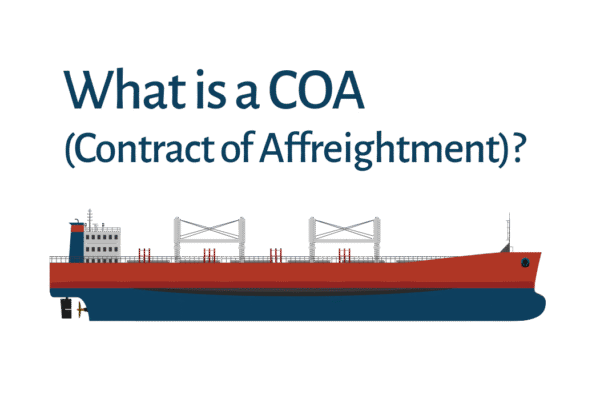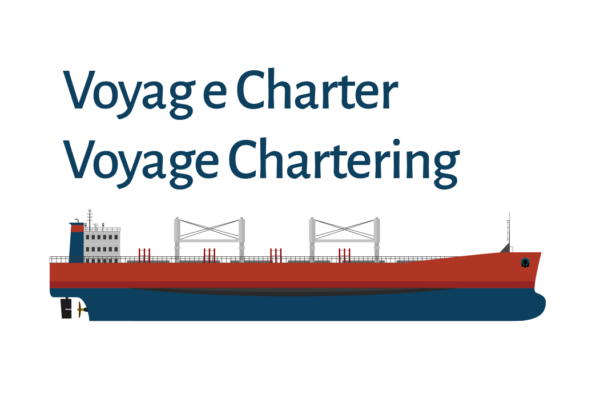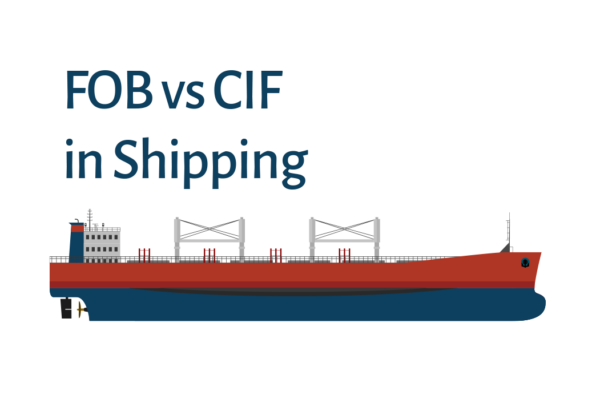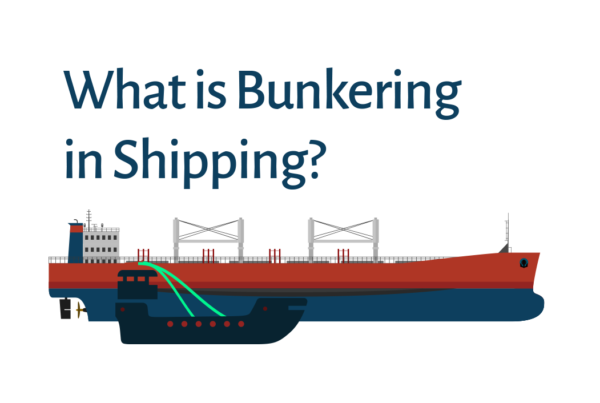A ship charterer is a company that hires a ship from the shipowner to transport goods for a specific time or voyage. Understanding the charterers’ types, roles, and responsibilities is crucial in the maritime industry.
In this article, we delve into the definition of charterer. We’ll explore their role, the different types of charters, and the structure of Charter Party Agreements.
This guide explains the ship charterer i. It is for maritime professionals, students, or anyone interested in a simple and comprehensive explanation.
Who is a Ship Charterer?
Charterer’s Roles and Function
A ship charterer is a key player in the maritime industry. They are typically an individual or a company that hires a vessel or space on a vessel. They may hire the vessel for a specific period or a particular voyage from load port(s) to discharge port(s).
The charterer’s role is not just limited to hiring the vessel. They also have the responsibility of providing cargo for the vessel within the LayCan and paying the agreed hire or freight.
The charterer’s role can vary depending on the type of charter agreement. In some cases, they may also be responsible for the vessel’s operation and maintenance. This differentiation depends mostly on the cahrter type. The basic charter types are voyage charter, time charter and bareboat charter.
Understanding the role of a ship charterer is crucial to understanding the dynamics of the maritime industry.
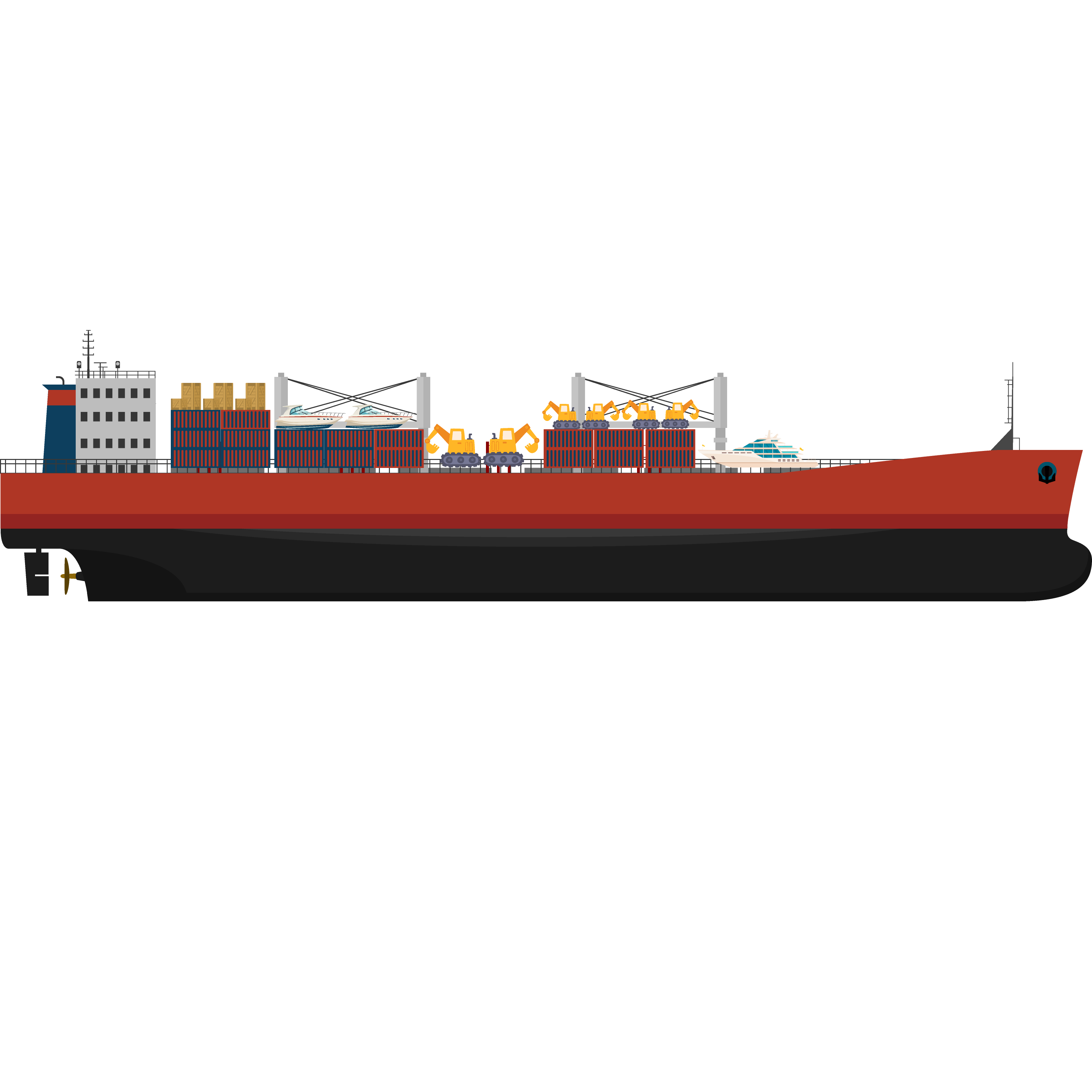
”Understanding the role and responsibilities of a ship charterer, a key player in the maritime industry who hires vessels to transport goods, is essential for anyone interested in maritime dynamics.
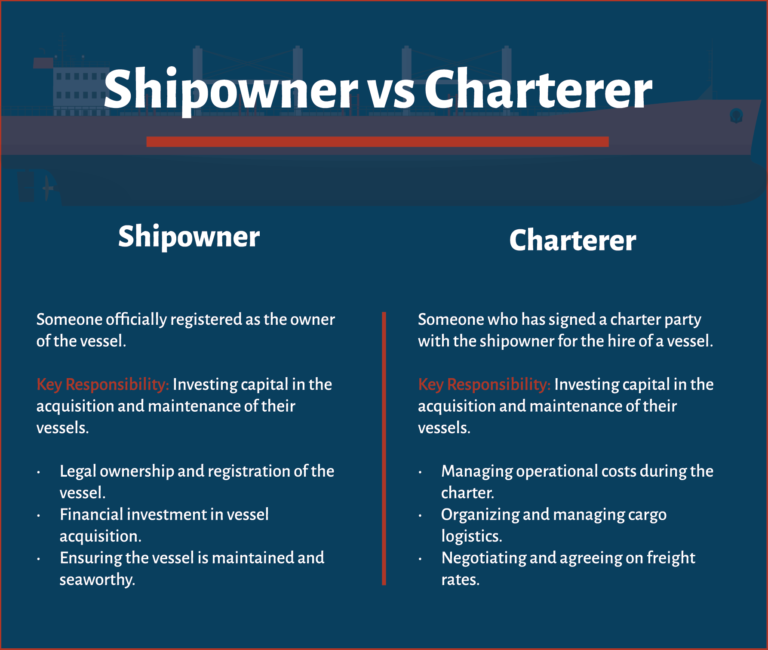
A charter party is a detailed and formal contract between a shipowner and a charterer, specifying the terms, conditions, and responsibilities for the hire of a vessel, including the duration, voyage route, freight rates, and obligations of both parties to ensure the successful transportation of goods or passengers.
Key Points on Making a Binding Vessel Chartering Agreement
Essential Terms for a Binding Charter Party Contract
For a binding contract, both parties must agree clearly and completely on all important terms. The parties need to settle key details like loading ports, cargo quantity, and vessel size; otherwise, they can’t enforce the contract.
If agreements have gaps, courts can imply necessary terms, such as reasonable freight rates if not specified. Charterers and shipowners must pay attention on the vital terms in order to claim that there is a binding contract between them.
Contracts with unresolved terms are usually not legally enforceable unless there is a clear method for resolving them. If a contract has important terms that are left open for future negotiation, it is likely not legally binding. However, if there is a clear way to resolve these terms, the contract may become legally enforceable.
Agreements that decide future terms later are typically unenforceable unless they include clear standards. Courts may enforce these agreements if there’s an objective method for resolving unclear terms based on past practices or industry standards. Vague clauses or those leaving important terms open can void the contract.
Clear, and precise terms are crucial for validity. Courts can enforce contracts with unclear terms if there’s an objective way to resolve them.
Court cases show that clear terms in contracts are important. All essential terms must be agreed upon for a contract to be binding. Both parties must agree on all terms before a contract is binding; initial talks do not create a legal agreement.
Types of Charter: Understanding the Basics and Responsibilities
Voyage Charter, Time Charter and Bareboat Charter
In the maritime industry, there are three main types of charters. These are voyage charter, time charter, and bareboat charter. Each type has its unique characteristics and implications for the charterer and the shipowner.
Voyage Charter
A voyage charter is a type of charter where the charterer hires the ship for a specific voyage. The charterer provides the cargo and the shipowner provides the ship, crew, and covers all the operational costs. Depending on the contractual terms, sometimes charterer covers the discharging costs of the cargo and sometimes owners cover them.
The charterer pays a freight rate, usually per ton of cargo. The shipowner bears the risk of delay in the voyage, except for laytime or if an exception is made in the charter party agreement.
In a voyage charter, the charterer has less control over the ship. The shipowner retains control over the navigation and management of the ship.
Time Charter
In a time charter, the charterer rents the ship for a specific period. The shipowner provides the ship and crew, but the charterer decides the ports of call and manages the commercial operation of the vessel.
The charterer pays a daily hire for the use of the ship. They also cover the cost of fuel and port charges. The shipowner, however, covers the operational costs like crew wages and maintenance.
In a time charter, the charterer has more control over the ship compared to a voyage charter. They can decide the ship’s itinerary as long as it’s within the agreed trading limits.
Bareboat Charter
A bareboat charter, also known as a demise charter, is where the charterer rents the ship for a long period, often several years. The charterer takes over full control of the vessel, including technical operation and crewing.
The charterer pays a monthly or quarterly hire and covers all operational costs. They essentially become the ship’s operator for the duration of the charter.
In a bareboat charter, the charterer has the most control over the ship. They are responsible for the ship’s operation, maintenance, and compliance with maritime regulations.
Understanding the role and responsibilities of a ship charterer is crucial for anyone involved in the maritime industry. This guide has explored the definition of a ship charterer, their roles, and the different types of charters, including voyage, time, and bareboat charters.
A ship charterer is not just someone who hires a vessel; they also manage cargo logistics, cover operational costs during the charter period, and negotiate freight rates. The charter party agreement is essential for defining these roles and responsibilities, ensuring a binding and enforceable contract.
The agreement needs clear terms to be valid. Courts can help if there are any missing details by using objective standards and past practices. By grasping these concepts, maritime professionals, students, and enthusiasts can better navigate the complexities of vessel chartering and its impact on the maritime industry.


